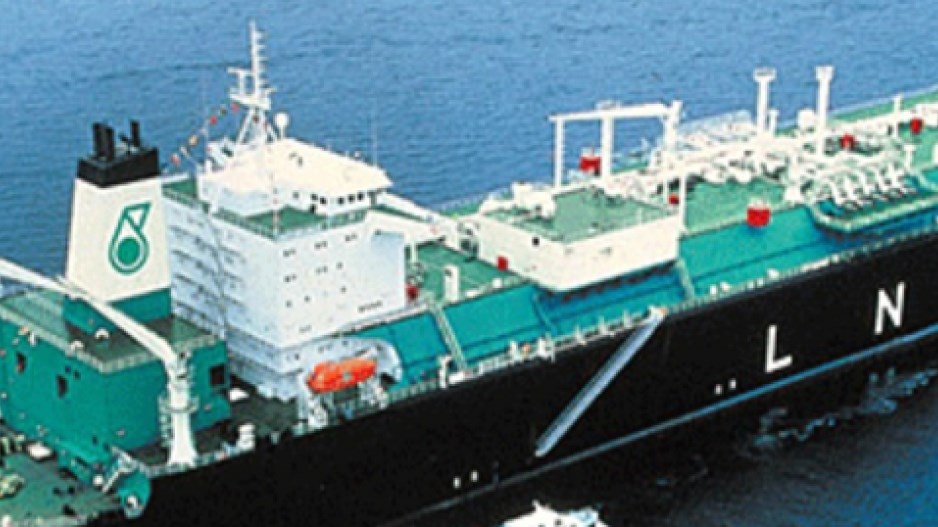The regulatory process for British Columbia’s liquefied natural gas (LNG) industry needs to be streamlined to stop the loss of billions in terms of export revenues, according to a Fraser Institute study released September 22.
Delays from the federal and provincial governments and First Nations are cutting B.C.’s exports by about $20 billion per year – or 9.5% of the province’s GDP – the think tank said.
“Regulatory delays mean that no Canadian LNG project will start production by 2020,” said study co-author Ken Green, senior director of natural resource studies at the Fraser Institute. “The longer Canadian LNG projects take to move forward, the more likely it is that Canadian producers will be displaced by producers in other nations.
“As a result, British Columbians will invariably forgo higher levels of job growth and billions of dollars in tax revenues which could pay for things like health care or public education.”
Of all projects that have already been approved by the National Energy Board were to go ahead, the study found, B.C. would be the largest exporter of LNG in the world. Without regulatory delays, the province could potentially provide 42-74% of Asia Pacific’s total LNG imports by 2020.
Delays mean the province is a “laggard,” however.
“It’s certainly the role of the government to impose appropriate environmental, safety and financial controls to protect community interests, but it’s in government’s best interest to impose these regulations in an expedited manner,” Green said.
Some of the delays relate to waiting for approval from the Canadian Environmental Assessment Agency (CEAA). One of the projects waiting for CEAA approval is Petronas’ $36 million Pacific Northwest project; in June, a positive final investment decision was made on this project, but it is still unable to go ahead without this environmental approval.




